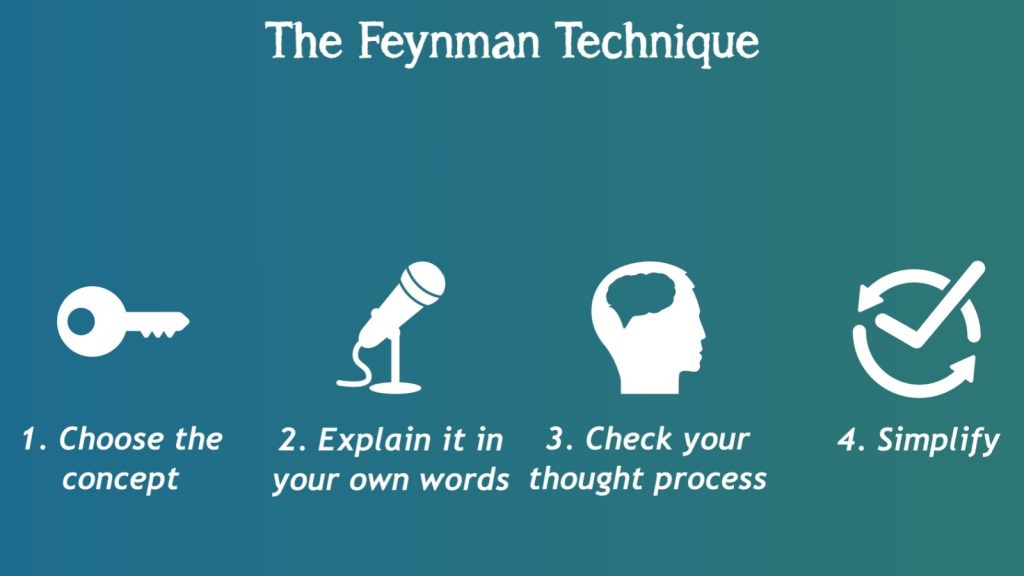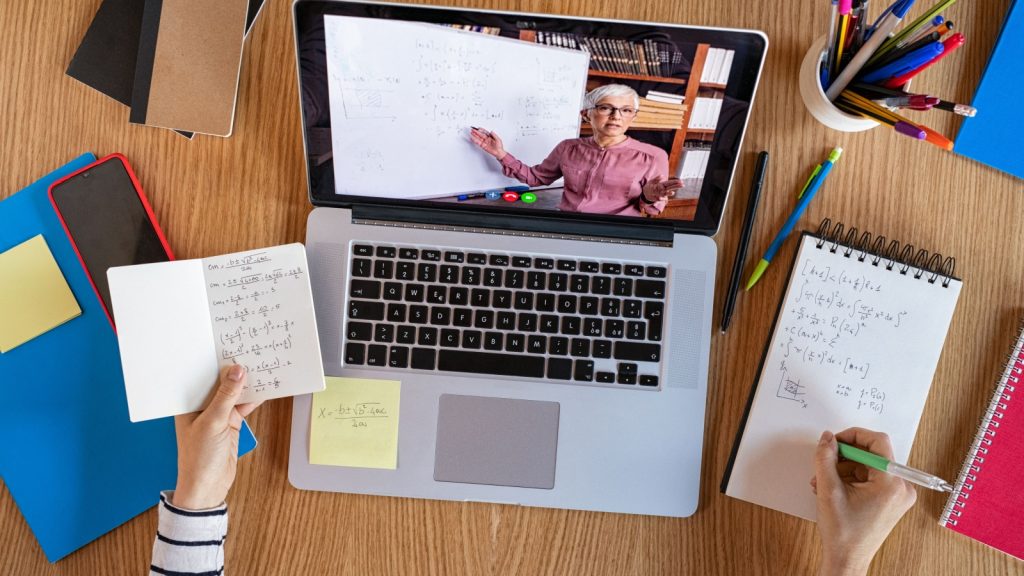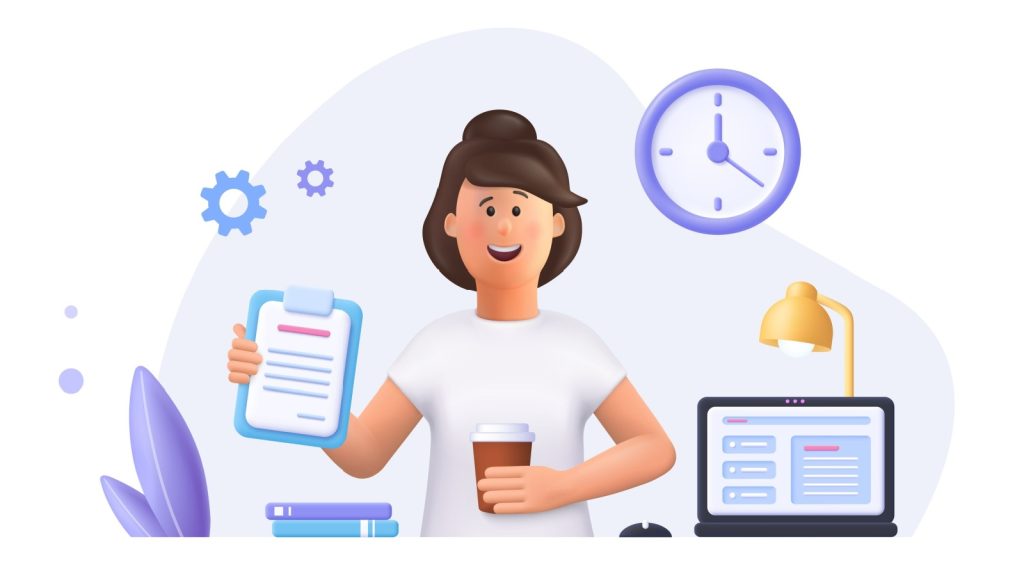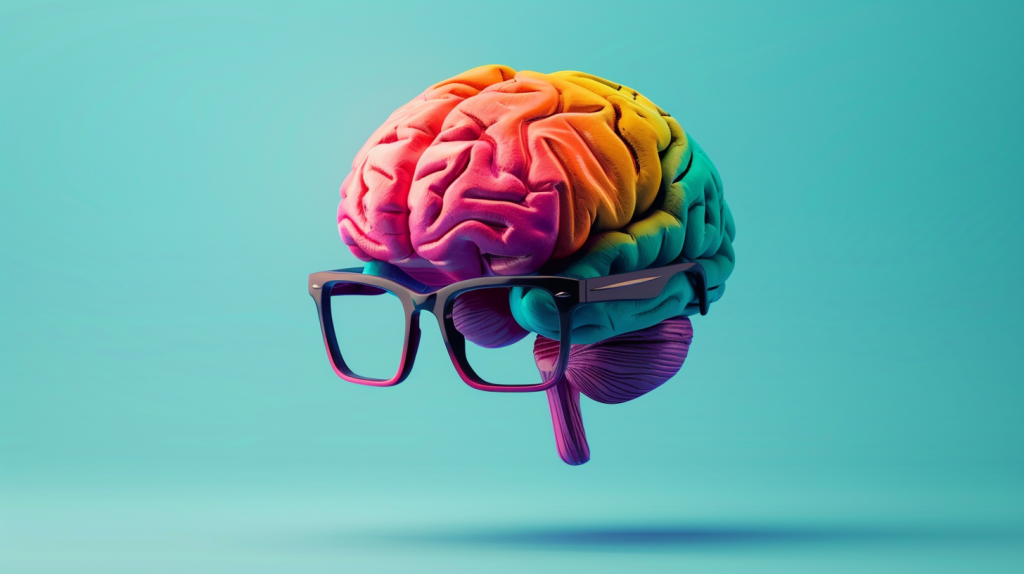Learning new skills efficiently can seem like a daunting challenge, but it becomes manageable with the right strategies. In this article, you will discover an ultimate cheat sheet featuring 18 tips designed to help you learn anything faster. These tips are grounded in scientific principles and practical techniques that can be easily implemented into your daily routine.
By adopting these strategies, you can enhance your ability to absorb, retain, and apply new information across various subjects and disciplines. The goal is to make your learning process as effective and enjoyable as possible, allowing you to achieve your personal and professional goals with greater ease. Whether you’re a student, a professional, or a lifelong learner, these insights are tailored to foster your intellectual growth and curiosity.
1. Use Active Recall

Active recall helps you remember information better by challenging you to retrieve facts from memory. Instead of simply rereading your notes, ask yourself questions and try to answer them without looking.
This method strengthens the neural connections that hold your new knowledge. Flashcards are a popular tool for active recall, presenting you with a question and encouraging you to generate the answer yourself.
2. Practice Spaced Repetition

Spaced repetition is a highly effective study technique. This method involves reviewing information at increasing intervals to move it from your short-term memory to your long-term memory.
Imagine learning vocabulary words. Instead of cramming them all at once, review them today, tomorrow, and then a few more times over the next week. This spaced practice makes it easier to remember the words over the long term.
3. Teach Someone Else

Teaching someone else is one of the most effective ways to learn. When you explain a concept, it forces you to organize your thoughts clearly and identify any gaps in your knowledge.
Imagine explaining the topic to a child or a friend. This simplifies your understanding and solidifies the information in your memory.
Sharing knowledge also reinforces learning. As you speak, you encode the information in your brain, making it easier to recall later.
4. Utilize Feynman Technique

The Feynman Technique is a clever way to learn new things quickly. Named after physicist Richard Feynman, it involves breaking down complex ideas into simple terms.
Start by choosing a topic you want to learn. Write down everything you know about it as if you are teaching someone else.
Explain the concept in simple language. If you get stuck, go back to your notes and clarify the points. This approach forces you to understand the topic deeply.
5. Take Breaks Strategically

Taking regular breaks can boost your productivity and improve learning. Aim to take a break every 2 hours. These breaks should last between 15 to 30 minutes.
Use this time to step away from your work. Stretch or take a short walk. Engaging in light physical activities can help refresh your mind and improve your focus.
Don’t feel guilty about taking breaks. They are essential to maintaining optimal performance and avoiding burnout.
6. Develop a Growth Mindset

Believing that you can improve your abilities through effort and practice is essential. This is called a growth mindset. It pushes you to embrace challenges rather than avoid them.
When you face setbacks, see them as a chance to learn. Everyone experiences failure, but your reaction is what counts. Stay persistent and keep trying.
Understand that talent and intelligence can be developed over time. Your brain can grow and change, just like a muscle.
7. Use Mnemonic Devices

Mnemonic devices can boost your memory and help you learn faster.
Picture associating new information with vivid images. This technique, called associative imagery, can make facts stick in your mind.
Use acronyms to remember sequences of information. For example, HOMES helps you remember the Great Lakes: Huron, Ontario, Michigan, Erie, and Superior.
Creating a story with the information can also help. You’re more likely to remember a narrative than isolated facts.
8. Visualize What You Learn

Transform information into images or diagrams in your mind. This can help you grasp complex concepts quickly.
Try drawing what you learn or using colors for different types of information. This engages more of your brain.
Use charts, mind maps, or infographics. These visual tools can make abstract ideas more concrete and memorable.
9. Set Specific Goals

Setting specific goals is key to learning anything faster. Clear and precise goals give you direction and focus. Instead of vague objectives, such as “improve at math,” aim for something concrete like “solve five algebra problems daily.”
When your goals are specific, you can track your progress more easily. This keeps you motivated because you see yourself moving closer to your objective. Remember, clear goals help you stay on track and make your learning journey more efficient.
10. Hydrate and Eat Well

Staying hydrated is crucial for learning efficiently. Drink water regularly throughout the day to keep your brain functioning at its best. Even mild dehydration can affect your focus and memory.
Eating well-balanced meals also plays a vital role. Opt for brain-boosting foods like fruits, vegetables, nuts, and whole grains. Avoid processed foods high in sugar as they can cause energy crashes and decrease your concentration.
11. Sleep Properly

Getting enough sleep is essential for learning. Aim for 7 to 9 hours of sleep each night. Quality sleep helps your brain process and retain information.
Create a bedtime routine to unwind. Try reading a book, listening to calming music, or doing relaxation exercises. Avoid screens an hour before bed.
Limit naps to 20 minutes. Keep naps early in the afternoon. This helps maintain your nighttime sleep schedule.
12. Study in Short Bursts

Short, focused study sessions can boost your learning. Instead of long, exhausting sessions, try studying for 25-30 minutes, then take a short break.
This method helps keep your concentration sharp. Your brain can retain information better when it’s not overwhelmed. Short bursts prevent fatigue and make studying feel less daunting.
13. Embrace Difficult Concepts

Start with the basics. Make sure you understand the fundamental ideas before tackling complex ones. This helps build a solid foundation.
Use analogies and diagrams. They can make abstract ideas more concrete and easier to grasp.
Break down the concept. Take it step-by-step, focusing on one part at a time. This makes the learning process less overwhelming.
14. Use Multiple Resources

Using multiple resources is key to learning efficiently. Different sources provide different perspectives, and this helps you understand complex topics more deeply.
Books, videos, and online articles can all be valuable. Each resource type has its own strengths. Combining these will give you a more rounded understanding.
Finding diverse explanations can also clarify tricky concepts. This approach ensures you don’t miss any critical details.
15. Study in Different Locations

Varying your study environment can keep your mind engaged and improve focus. By switching locations, you create new associations with the material, making it easier to recall later.
Studying in different places can also help reduce monotony. This change prevents your brain from entering a state of autopilot, keeping your learning experience fresh and effective. Try cafes, libraries, parks, or different rooms.
16. Engage in Mindful Meditation

Mindful meditation can help you focus better and improve your ability to learn. Start by finding a quiet place where you won’t be disturbed.
Focus on your breath and try to clear your mind of distractions. This practice can help you stay present and absorb new information more efficiently.
Engaging in regular mindful meditation supports mental clarity and reduces stress, making learning easier and more enjoyable.
17. Incorporate Physical Exercise

Exercise isn’t just good for your body—it also supercharges your brain.
Regular physical activity can boost memory, enhance concentration, and accelerate the learning process.
Activities like walking, jogging, or cycling increase blood flow to the brain, delivering more oxygen and nutrients that aid cognitive function.
Even short, active breaks can make a significant difference in your learning efficiency.
18. Develop a Routine

Establishing a routine can drastically improve your learning speed. By dedicating specific times each day to study, you reinforce the habit and make it easier to retain information. Consistency is the key.
Incorporate short breaks to avoid burnout and keep your mind fresh. Regular intervals help maintain focus and prevent fatigue.
Ensure your routine fits your lifestyle. Adapt it as needed to balance other commitments while making progress in your learning journey.
Katy Willis is a writer, master herbalist, master gardener, and certified canine nutritionist who has been writing since 2002. She’s finds joy in learning new and interesting things, and finds history, science, and nature endlessly fascinating.

